What is Implant Removal
Implant removal surgery, also known as implant revision or explantation, is a surgical procedure to remove a previously implanted medical device from the body. Implants can sometimes cause complications such as infection, implant migration, or device failure, necessitating their removal.
Types of Implant Removal
- Tibia implant removal is a surgical procedure to remove implants such as plates, screws, or rods that were previously used to stabilize a tibial (shinbone) fracture or to address other conditions affecting the tibia.
- Breast implant removal is a surgical procedure to remove breast implants due to implant rupture or leakage, implant malposition, normal wear and tear, any change in the size of the breasts, or to address discomfort related to the size or weight of the implants or due to some underlying health conditions.
- Contraceptive implant removal is necessary in cases where the implants have reached the expiry date and are no longer effective. Some individuals may experience side effects from the implant, such as irregular bleeding, headaches, or mood changes. Implant removal is also done if the individual decides to conceive or in cases of infection or dislodgement of the implant structure.
- Orthopedic implant removal involves the removal of implants such as plates, screws, or rods used to stabilize bones during fracture healing or to support joint replacements. The procedure is typically performed under general anesthesia, and the implants are removed through a small incision at the site of the implant.
- Pacemaker or Defibrillator lead removal involves the removal of leads (wires) used in pacemakers or implantable cardioverter-defibrillators (ICDs). The procedure is typically performed under local anesthesia, and the leads are removed through a small incision made over the implant site.
| Procedure Name | Implant Removal |
|---|---|
| Type of Surgery | Minor |
| Type of Anesthesia | General Anesthesia |
| Procedure Duration | Depending on the type of the implant being removed |
| Recovery Duration | Variable |
Implant Removal: Pre-Op & Post-Op Care
- Before the surgery, the patient undergoes a thorough evaluation of their overall health and suitability for the procedure.
- This includes a medical history review, a physical examination, and possibly imaging tests.
- The surgery is performed under either local or general anaesthesia, depending on the complexity of the procedure.
- Incision is made at the site of the implant to access the implant.
- The size and location of the incision will vary depending on the type and location of the implant.
- The surgeon will carefully remove the implant from the body, taking care to minimise damage to the surrounding tissues.
- Once the implant is removed, the incision is closed using sutures or surgical staples. A sterile dressing may be applied to the wound to protect it as it heals.
Recovery After Implant Removal:
Recovery after implant removal is typically straightforward, and most people recover well with proper care and follow-up. Most people can resume normal activities within a few days to a few weeks after implant removal.
Benefits of Implant Removal at Yashoda Hospitals
- Comprehensive Evaluation: Enable early detection and effective management of any implant related infection and malfunction.
- Personalized Treatment Plans: Tailored for specific types of lesions depending upon the extent and severity of the condition, based on the detailed insights obtained during your evaluation.
- Efficient and Timely Care: Ensure quick diagnosis and prompt initiation of appropriate treatment strategies for implant functioning
- Continued Follow-Up: Our dedicated medical team ensures optimal recovery and long-term health management.







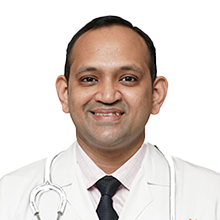
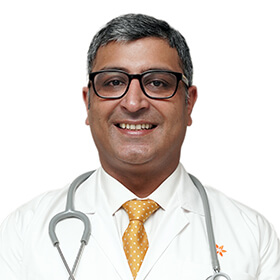
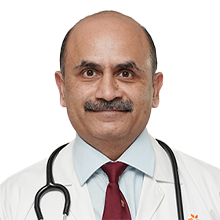
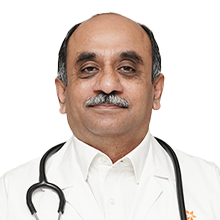

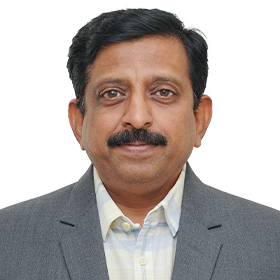
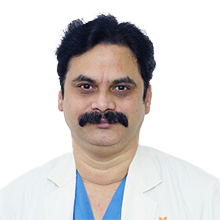
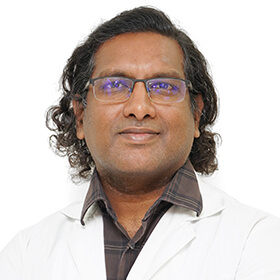

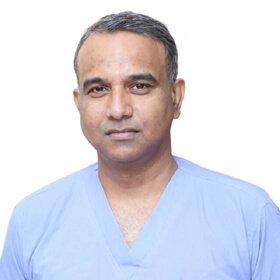
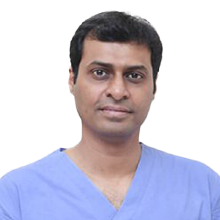



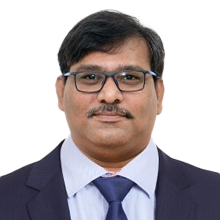
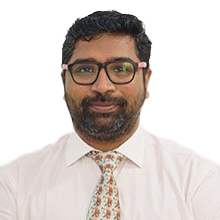

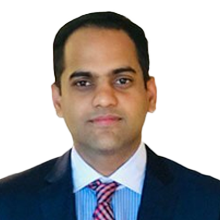



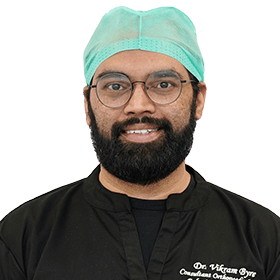
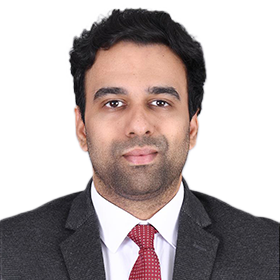
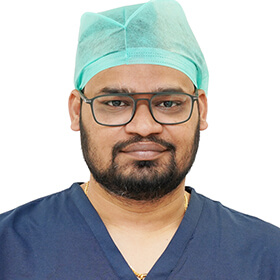
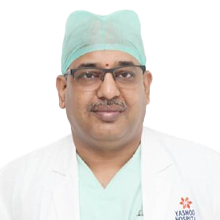
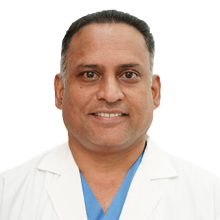

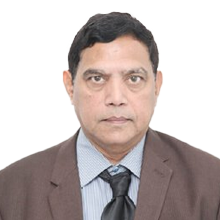



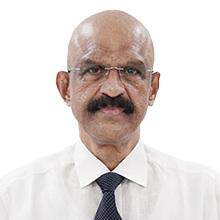

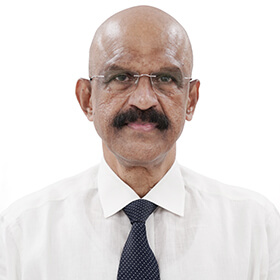












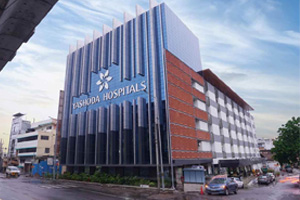
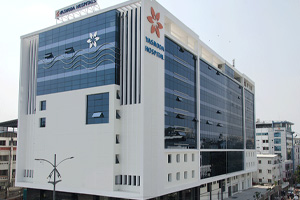
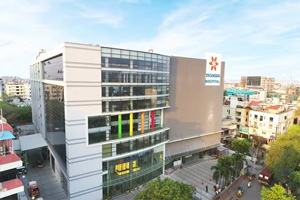

 Appointment
Appointment WhatsApp
WhatsApp Call
Call More
More